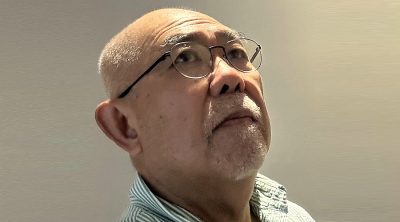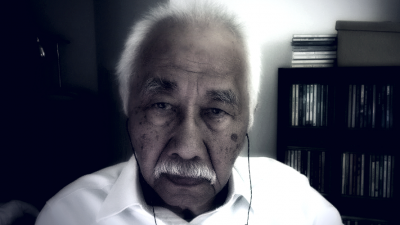
One thing common to all major political parties is that they are political dictatorships.
Opaque and unaccountable central committees make all major political and administrative decisions.
This is not much different from the politburos in faraway communist countries.
There appears to be two classes of party memberships. Those rank-and-file members who have no say in party matters, and those elected or appointed to positions where they have influence upon the party’s decision-making.
Rank and file members have little or no recourse in objecting to the decisions they don’t like.
For example, we see the two top Umno positions were exempted from facing any party elections, with Bersatu now attempting to follow Umno’s lead.
This is abhorrent to the concept of democracy.
In the case of Umno, the suspension of party elections for the top two posts came at a time there was legitimate alternative candidates for the position.
Democracy was abandoned in the interests of keeping one clique in power over another.
In addition, party members were expelled and suspended without due process within Umno. Those expelled and suspended had little party recourse to complain about the absence of natural justice in the decisions made by the supreme council.
These practices are not just confined to Umno. The PKR president can make appointments to key committees, bypassing any internal electoral processes.
This ignores, and even goes against the wishes of rank-and-file members.
How can Malaysia’s democratic system be reformed, if political parties themselves don’t practice the principles of democracy?
We observe political parties abandoning their party platforms when they become the government.
Party platforms are shared visions about what party members believe is best for the nation. Time and time again this is ignored, when a party wins government.
Malaysian political parties have democratic deficits.
How can Malaysia’s democratic system be reformed, if political parties themselves don’t practice the principles of democracy?
This is a major cause of political instability. Politicians gain control of political parties and use them as vehicles to gain and perpetuate their own personal power.
This has been to the determent of Malaysian federalism. National party leaders select state chief ministers and control the politics of individual states.
Malaysia, as a consequence, is a flawed federation, as state governments don’t have the ability to protect state rights from the central government, if they are of the same party and the state leader is selected by the prime minister.
This also flows down to state candidates in both state and federal seats.
We have seen how DAP secretary-general Anthony Loke has been placing his “all stars” in seats which has alienated much of the traditional DAP support base.
Umno president Ahmad Zahid Hamidi’s use of power over candidate selection hurt Umno very badly in GE15.
Former prime minister Mahathir Mohamad’s surprise sacking of Anwar Ibrahim from all Umno party positions and deputy prime minister, was the beginning of the end for Umno.
In 1995, Umno won 88 seats in the federal parliament. The party won only 26 in the last election.
A party’s political and administrative power in the hands of individuals rather than committees set out in party constitutions, has been a source of political instability.
Candidates for public office should be selected by local party members. The state and federal branches of the party should be allowed to send a percentage of delegates to vote in local public office selection processes.
This measure may attract more politicians interested in advancing the country rather than themselves. And this will help keep the “warlord system” in check, as it will be more difficult to obtain party candidate pre-selection.
State parliamentary leaders should be chosen by party members within state assemblies free of federal party influence. After all, who runs a particular state should be a local party affair.
Party policy platforms should be compulsory for parliamentary leaders to adopt and implement, failure of which should make the leaders accountable at state conferences.
This is the only way full democracy can be improved in Malaysia.
The political parties must have their own respective reformasi first. There is no point discussing the first-past-the-post voting system if political parties aren’t democratized first.
(Murray Hunter has been involved in Asia-Pacific business for the last 40 years as an entrepreneur, consultant, academic and researcher. He was an associate professor at Universiti Malaysia Perlis.)
ADVERTISEMENT
ADVERTISEMENT








































